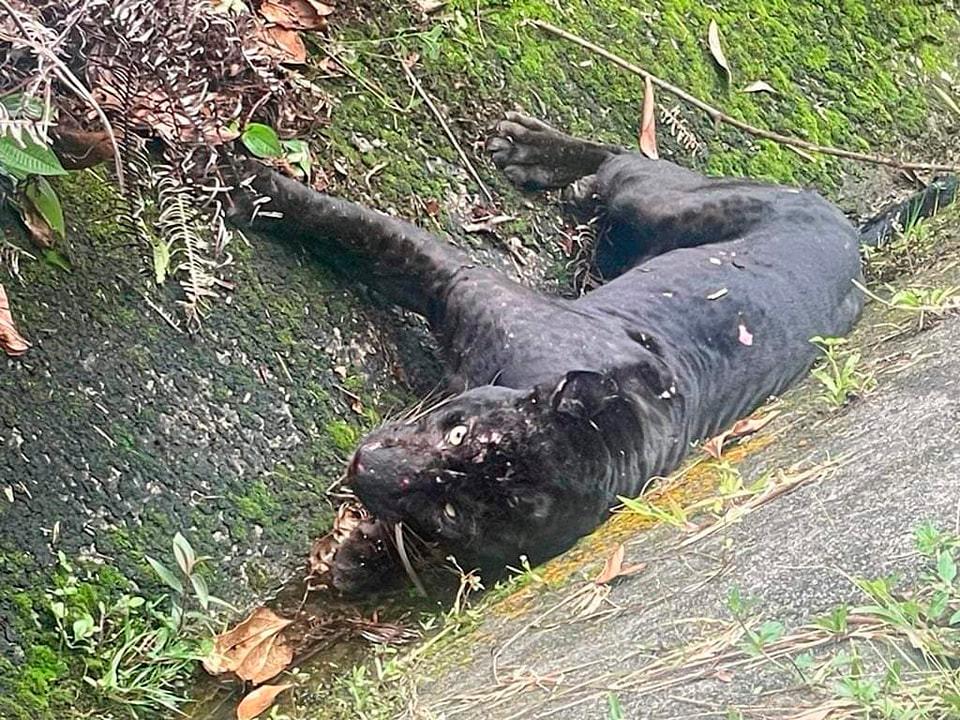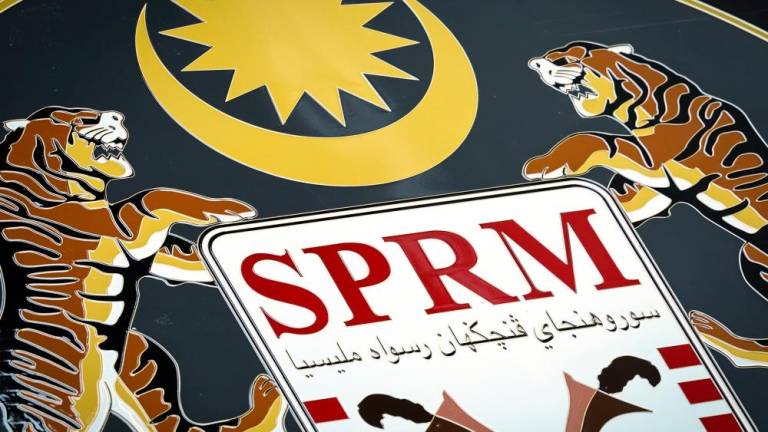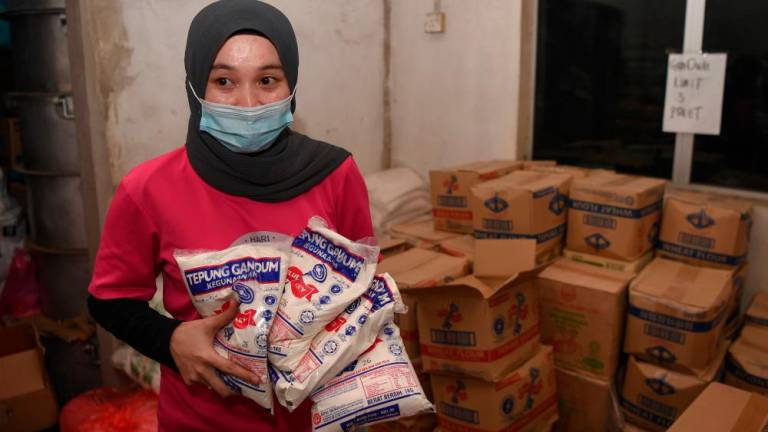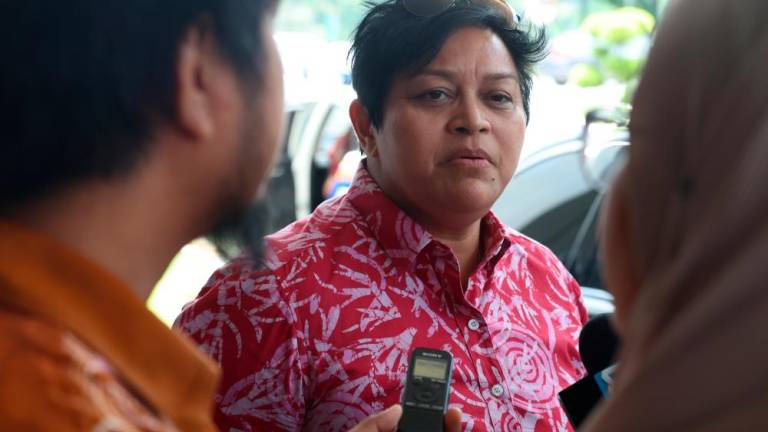I WRITE to express my deep concern over the recent incident involving a panther that was struck by an MPV at Bukit Tangga in Jelebu, Negeri Sembilan. This incident sheds light on several pressing issues that demand our immediate attention and action.
Firstly, the incident serves as a reminder of the repercussions of uncontrolled development in our country.
The relentless clearing of forests for agriculture and housing projects has disrupted the natural habitats of countless wildlife species, forcing them to venture out in search of food and shelter.
The panther, being a predator, had to explore unfamiliar territories due to the diminishing availability of prey in its natural habitat.
Moreover, the extremely hot weather conditions, exacerbated by climate change, have further intensified the challenges faced by
our wildlife.
The panther, like many other species, was compelled to seek refuge in friendlier habitats that could provide respite from the scorching heat.
It is distressing to witness how environmental changes, largely influenced by human activities, are pushing our wildlife to the brink of survival.
As a responsible member of the global community, Malaysia pledged its commitment to the Paris Climate Change Treaty, emphasising the importance of sustainable development and environmental preservation.
However, incidents like the one at Bukit Tangga highlight the urgent need to reinforce our efforts and adopt proactive measures to protect our valuable ecosystems and wildlife.
Preserving wildlife is not just a matter of moral responsibility, it is crucial for maintaining the delicate balance of our ecosystems.
Each species plays a unique role in the web of life, and the loss of even a single species can have far-reaching consequences.
Protecting our wildlife means safeguarding the health of our forests, the purity of our water sources and the sustainability of our environment for future generations.
This incident also highlights the need for stricter enforcement of speed limits and greater awareness among motorists about the importance of wildlife conservation.
Implementing appropriate measures, such as speed bumps or warning signs, can significantly reduce the risk of similar incidents in
the future.
To prevent further loss of wildlife, we must prioritise environmental sustainability and engage in responsible land-use planning. This should involve adopting sustainable agricultural practices that minimise forest clearance, promoting reforestation efforts for degraded areas and preserving critical wildlife corridors.
Additionally, public education and awareness campaigns can play a pivotal role in fostering a culture of empathy and respect for wildlife among the populace.
In conclusion, the tragic incident serves as a wake-up call for us to take immediate action to protect our wildlife and preserve our environment.
As a nation committed to the Paris Climate Change Treaty, we must prioritise sustainable development and implement effective measures to safeguard our valuable ecosystems and the biodiversity they support.
By working together, we can ensure a brighter, more sustainable future for both humans and wildlife.
Suzianah Nhazzla Ismail
Shah Alam










